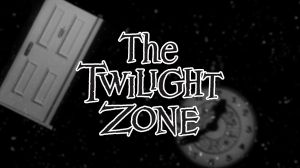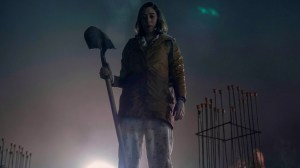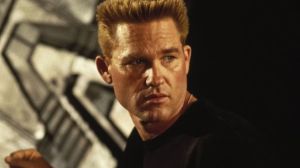WARNING: There are spoilers ahead! Thunderbolts* re-centered the Marvel Cinematic Universe around one of its core tenets: flawed human characters. It’s the aspect that has set Marvel apart from DC Comics for over half a century now, and it was a big part of the MCU’s early success as well. The most beloved Marvel characters have clear limitations and some amount of tragedy to their story, while even the most powerful typically do not approach the god-like status of characters like Superman. Marvel Studios has never strayed too far from this idea, but Thunderbolts* puts it back at the forefront of the story, and that may be intentional as the MCU builds up to another climax years in the making.
Videos by ComicBook.com
Thunderbolts* made no secret that its main characters are scrappy underdogs, with the tagline “Not super. Not heroes. Not giving up.” The movie leaned into this premise as much as the marketing, frequently reminding us that these characters are disposable, and that they don’t have the social capital or charisma to be “public-facing” heroes. The difference is that the story methodically contrasted these public image issues with the characters’ real lives, where we saw the truth behind their reputations.

The truth was not much prettier than the narrative spun by Valentina, but to an outside audience it was easier to sympathize with and even root for. It also helps that we know the facts of these characters’ stories pretty well, leaving room for Thunderbolts* to give us more of their perspective and pathos. We saw John Walker battling his anger issues in real time, for example, Ghost acknowledging that she’s not as cold-hearted as she pretends.
[RELATED: When Will Marvel’s Thunderbolts* Stream on Disney+?]
Meanwhile, Red Guardian’s issues are clearly based on loneliness and relationships, while we learn about Bob’s struggles with mental health and addiction. Both of their arcs are tied tightly to Yelena Belova, who is definitely built up as the lead character. Yelena brings all of it together by highlighting how interconnected all these problems are and how impossible they are to tackle alone. She forges a team because she needs one, not because she wants to be a hero.
The Avengers Are Not Available
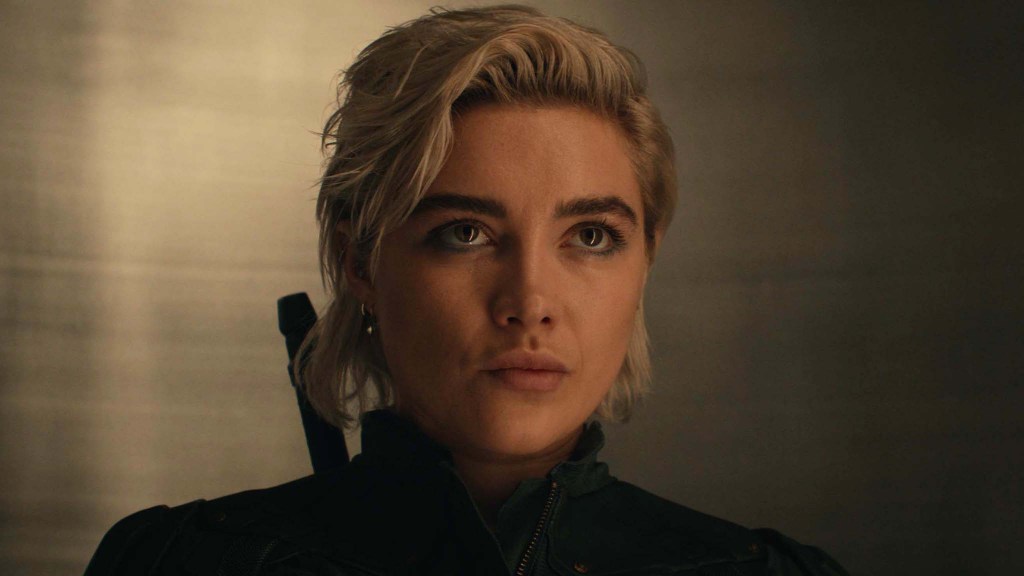
The Thunderbolts are constantly contrasted with the Avengers, and we’re told they’re too far gone to ever reach that kind of status in the world. It’s a clever trick, because most viewers likely remember the first Avengers team-up well, and we can see that the Thunderbolts are not really worse off than the Avengers were on their first outing. They may not have as much firepower, but for the threat they’re up against, they’re actually perfectly equipped.
The MCU’s original Avengers were mostly assembled by the time of their first movie — Tony Stark was on good terms with S.H.I.E.L.D., Cap was with the agency, and Black Widow and Hawkeye were both agents. Thor showed up on his own and tagged along, so the only character that they actually had to hunt down and persuade to join them was their most tragic member — the Hulk.
Even then, the Avengers weren’t meant to be a six-person strike team fighting off the Chitauri by force. For most of the movie, their goal was to outsmart Loki and prevent him from enacting his plan in the first place. Since it didn’t go that way, the world doesn’t remember it that way either. As far as the public is concerned, the Avengers must be a team strong enough to fight off an alien invasion, and the Thunderbolts don’t fit that bill.
Fortunately, they’re perfectly suited for a covert operation to stop systemic exploitation of other people. Their general background in spying and infiltration was perfect to take on Valentina, and the movie relies on them believing that even if other people refuse to acknowledge it. Their personal arcs all compliment this story, as they must confront their vulnerabilities in order to persevere through the job.
The Void
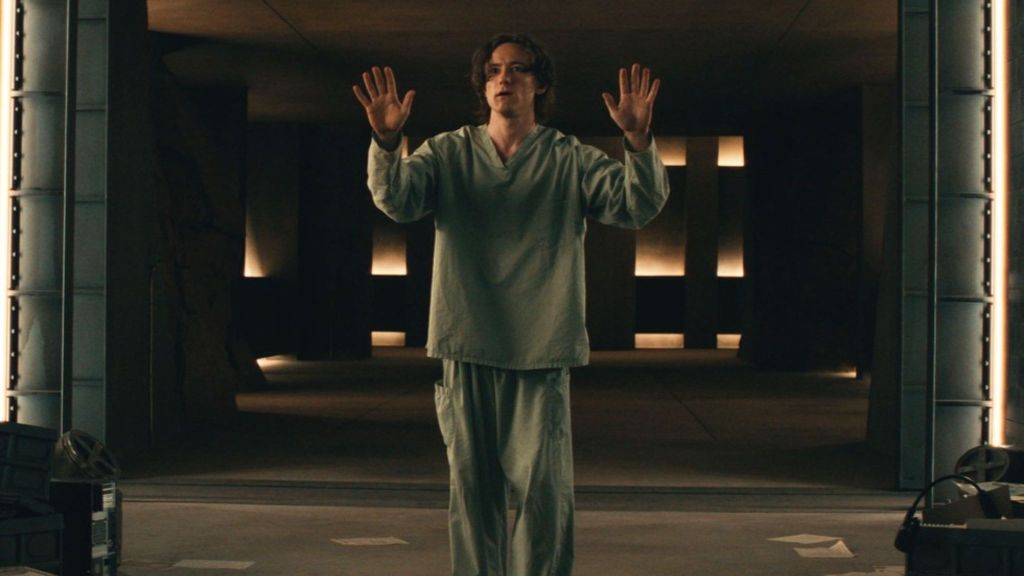
From a writer’s perspective, the way the Void manifested in this movie is pretty convenient for accomplishing all this character growth in 126 minutes, and if that felt like a distracting contrivance to you, that’s fair. Still, the Void did its job perfectly here by turning the characters’ humanity into an action set piece for the climax of the movie. Not only did they have to confront their own traumatic memories, their burgeoning bond as a team gave them the power to help Bob tackle his backstory as well.
On a more subtle note, the real strength of this movie and of Marvel heroes in general is that everything is not solved in the end. The Void was contained and Valentina was cowed, but Bob is not healed all at once, and even 14 months later, he does not seem to have control over his powers. Alexei still struggles to relate to people, Walker is still prone to lash out, and Ghost is still untrusting. The post-credit scene promises more to come on an individual level as well as a universal one, and that’s just as important to keep the MCU going.
Thunderbolts* is in theaters now around the U.S.


